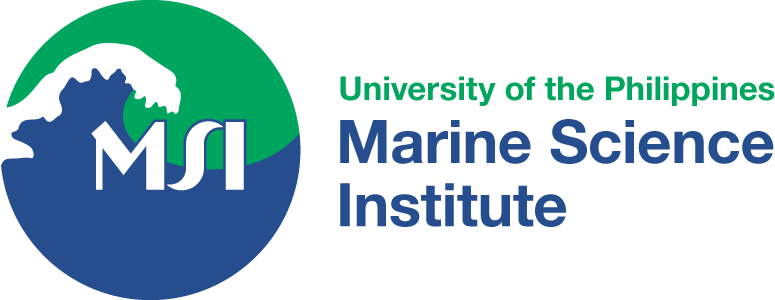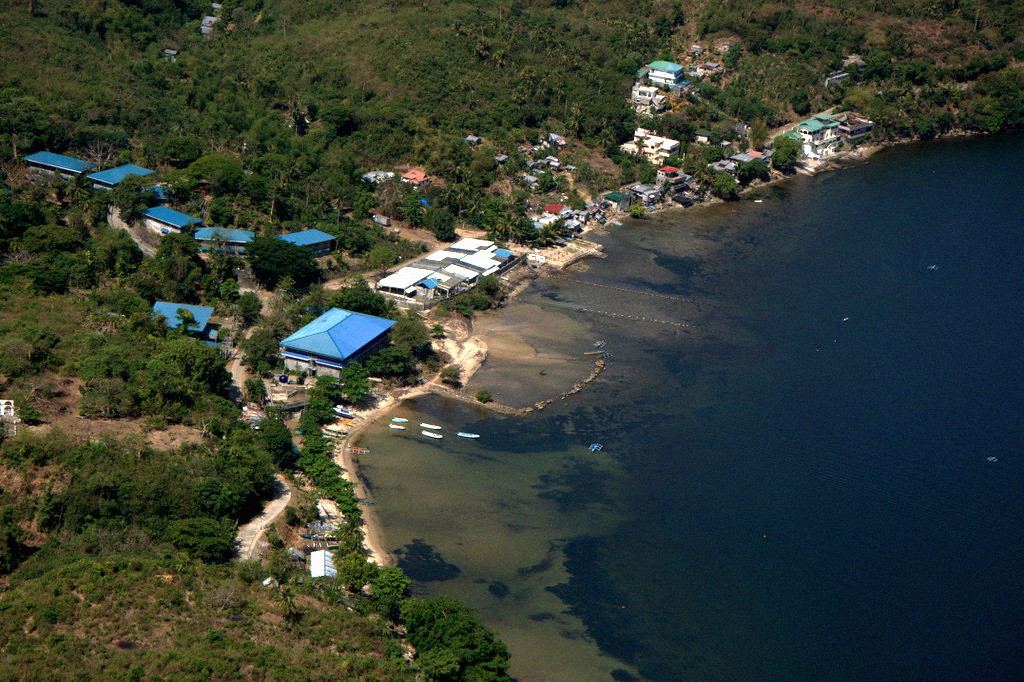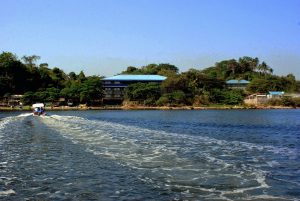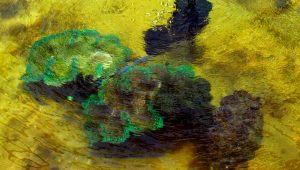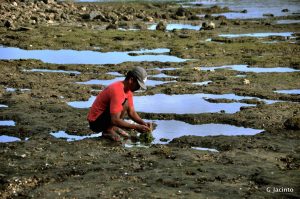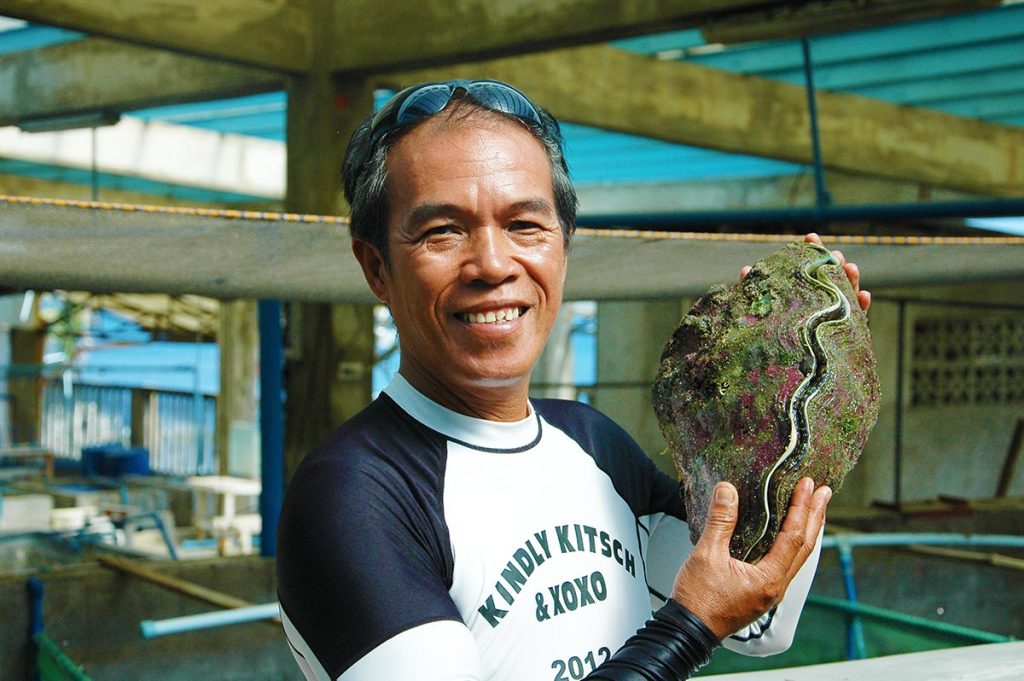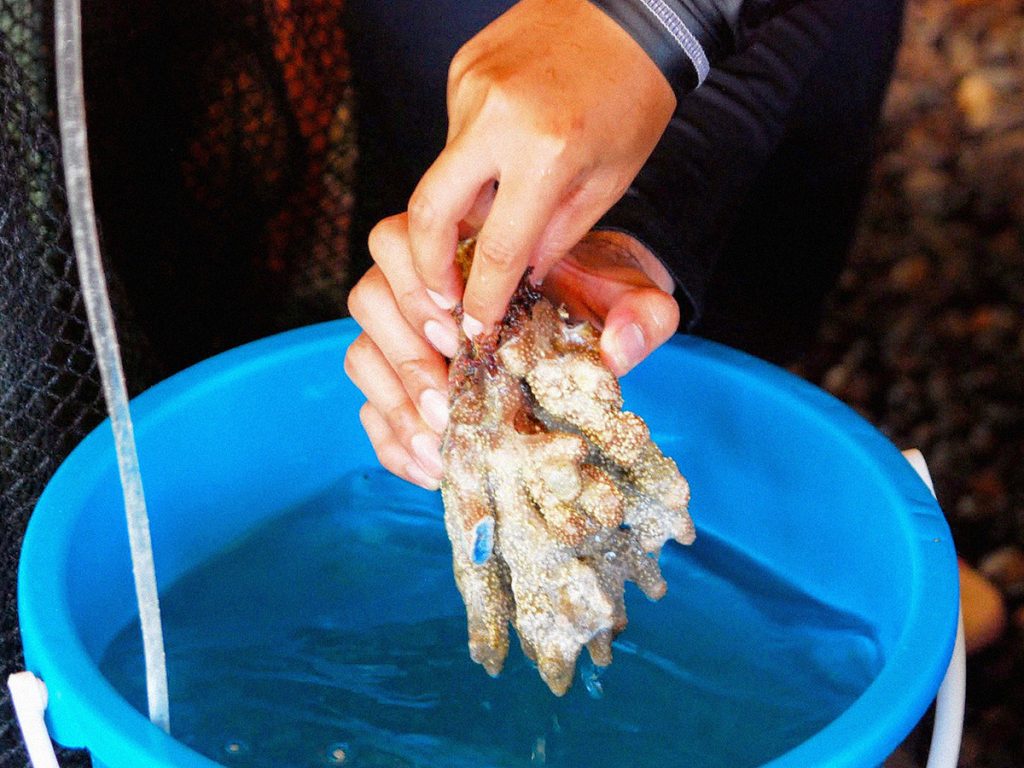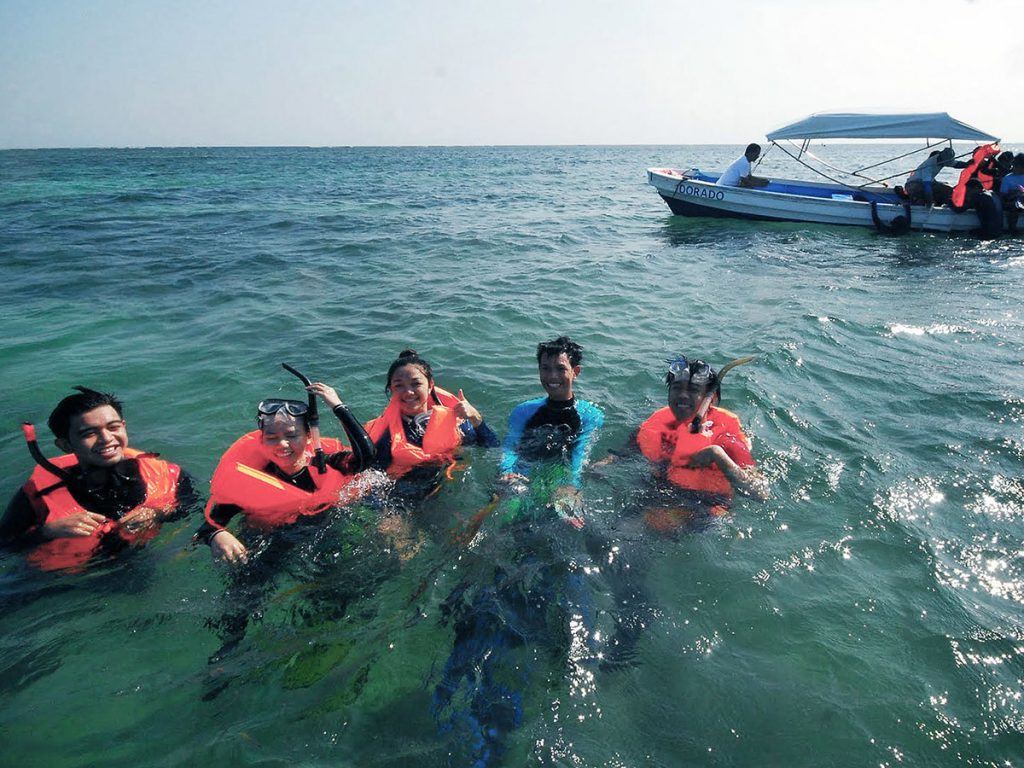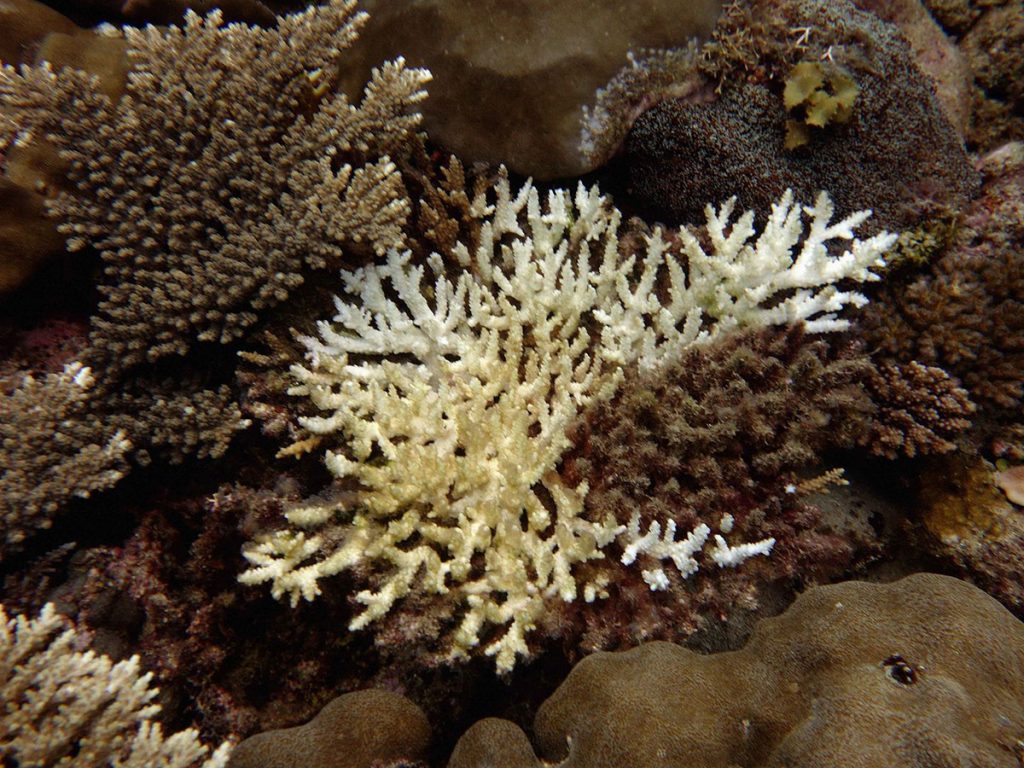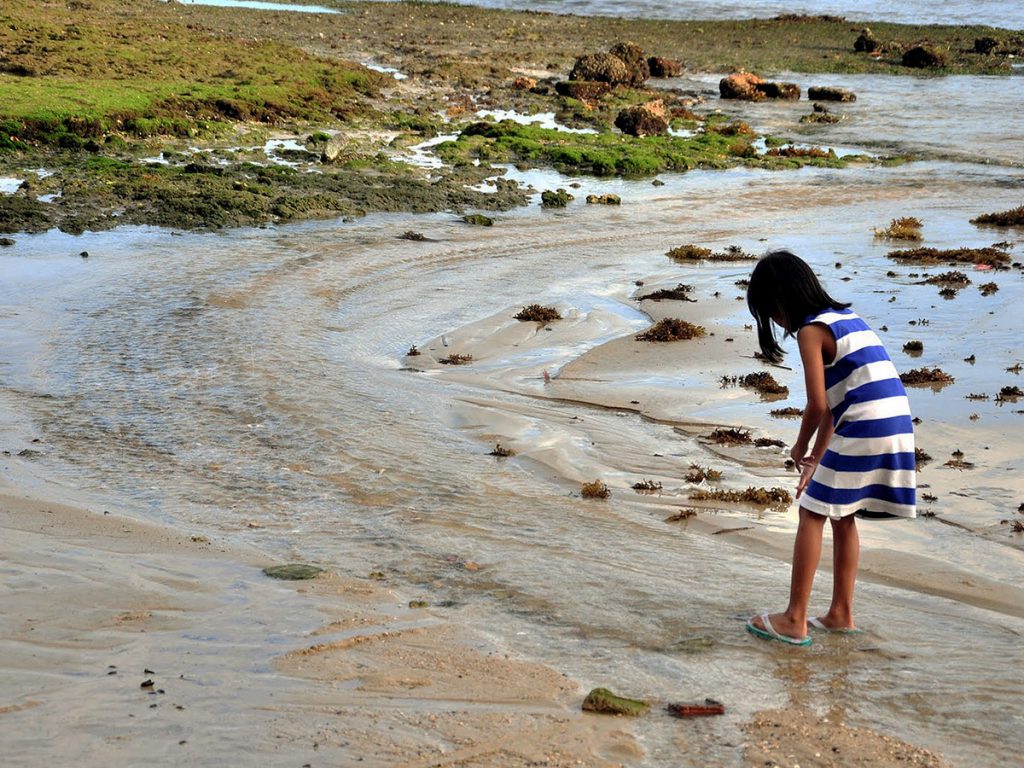In addition, an extensive hatchery facility serves as the site for various research activities. The Bolinao Marine Laboratory maintains outdoor culture facilities and experimental areas with flow-through seawater and continuous aeration, as well as facilities for micro-algae culture and temperature-controlled experiments.
Laboratories are equipped with analytical instruments and microscopes, microbiology and molecular biology facilities, scuba diving equipment, and small watercraft for fieldwork. The BML campus also has an on-site library, classrooms, conference facilities, and housing for students and researchers.
BML operations are partly supported by the University of the Philippines Diliman and by the research projects conducted on-site that receive funding from various local and international agencies. Regular maintenance of the BML campus is supported by fees from accommodations and rentals of equipment and facilities.
